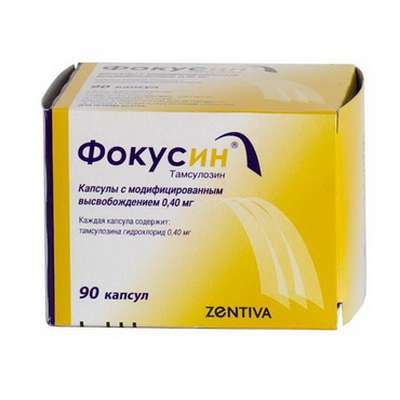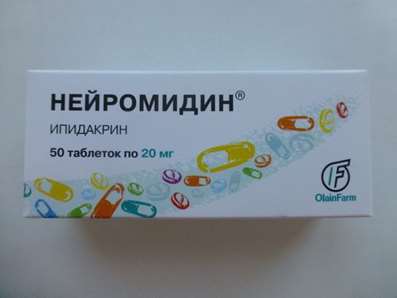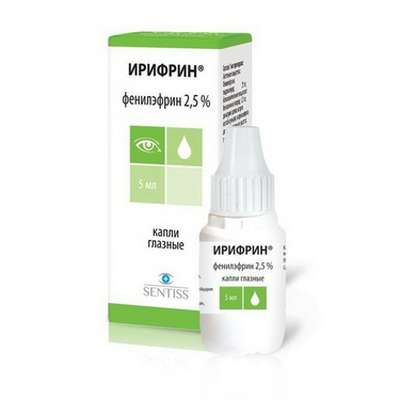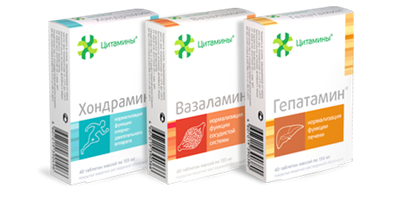Instruction for use: Insulin zinc suspension (amorphous) (Insulini cum Zinco (amorphi) suspension)
I want this, give me price
Pharmacological group
Insulins
Nosological classification (ICD-10)
E10 Insulin-dependent diabetes mellitus
Decompensation of carbohydrate metabolism, Diabetes mellitus, Diabetes insulin sugar, Diabetes mellitus type 1, Diabetic ketoacidosis, Insulin-dependent diabetes, Insulin-dependent diabetes mellitus, Coma hyperosmolar non-ketoacidotic, Labile form of diabetes mellitus, Violation of carbohydrate metabolism, Type 1 diabetes mellitus, Type I diabetes mellitus, Insulin-dependent diabetes mellitus, Type 1 diabetes mellitus
Characteristics
Neutral suspension of porcine insulin.
Pharmacology
Pharmacological action - hypoglycemic.
Reduces blood glucose and glucose production by the liver, enhances glycogenogenesis, lipogenesis and protein synthesis. It promotes the transport of glucose through cell membranes and its utilization by peripheral tissues (muscles and fatty tissue), increases the catalytic action of hexokinase, which facilitates the conversion of glucose into glucose-6-phosphate. Activates glycogen synthase. Reduces the level of hyperglycemia in patients with diabetes mellitus type I and II. The action begins 1-2 hours after the SC administration and reaches a maximum after 5-10 hours. The duration of the effect is 10-16 hours.
Indications
Type 1 diabetes mellitus, type 2 diabetes mellitus with resistance to oral antidiabetics, intercurrent illnesses, surgeries, pregnancy or inefficiency of diet therapy.
Contraindications
Hypersensitivity, hypoglycemia, insuloma.
Side effects
Lipodystrophy, hypoglycemia incl. Hypoglycemic coma and precoma, allergic reactions.
Interaction
The effect is enhanced by MAO inhibitors, alcohol, non-selective beta-blockers, sulfonamides, lowering - oral contraceptives, glucocorticoids, thyroid hormones, thiazide diuretics.
Overdose
Symptoms: hypoglycemia, in severe cases - hypoglycemic coma.
Treatment: the appointment of glucose inside, with a loss of consciousness - p / k, in / m, iv injection of glucagon or glucose.
Routes of administration
P / to, in / m (intramuscularly).
Precautions
Patients receiving 100 ED per day or more, when replacing insulin, it is advisable to hospitalize. Transfer of the patient from one insulin to another should be carried out under the control of the level of glucose in the blood. The dose of insulin needs to be adjusted in case of changes in the nature and diet, high physical exertion, infectious diseases, surgical operations, pregnancy, thyroid dysfunction, Addison's disease, hypopituitarism, renal insufficiency and diabetes in persons over 65 years of age. At primary appointment of an insulin, change of its kind or at presence of considerable physical or mental stresses it is necessary to consider possibility of decrease in concentration of attention, speed of mental and motor reactions.
special instructions
Forbidden for / in the introduction.

 Cart
Cart





